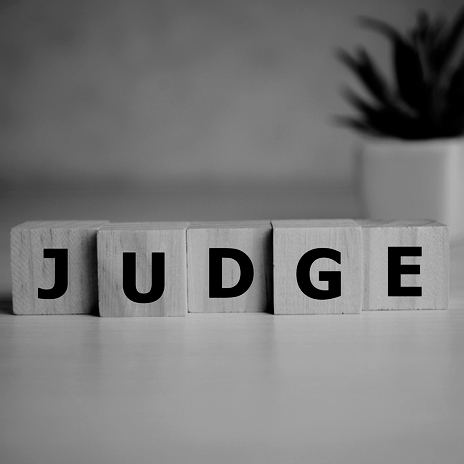It’s March, and that can mean only one thing: college basketball! With major upsets, Cinderella teams, college athletes playing for their careers, and, of course, office bracket pools, the NCAA Division I Men’s Basketball Tournament—dubbed “March Madness”—is one of the most exciting sporting events of the year.
But if you’re thinking that provides a great opportunity for your business’s latest marketing promotion, think again, especially in regards to NCAA trademarks.
The History of “March Madness”
You might be surprised to learn that while “March Madness” has always been associated with basketball, the phrase did not originate with the NCAA.
Rather, an executive officer of the Illinois High School Association is credited with first using the phrase in a 1939 essay about the Illinois high school basketball tournament published in the IHSA’s magazine. The same official later wrote a poem in 1941 called “Basketball Ides of March,” which ends with a reference to “a happy Madness of March.” For decades “March Madness” was a popular reference to state high school basketball tournaments.
Only in 1982 was the phrase first used as a reference to the NCAA tournament. Sportscaster Brent Musburger is credited with popularizing the term in connection with the NCAA tournament. He likely knew the term based on his many years in Chicago, where it was still used to describe high school basketball.
In the 1990s, the NCAA sought to trademark the term, but it was already beat by the IHSA (which itself bought the trademark rights from a Chicago-based television production company).
The IHSA later sued an NCAA licensee to enjoin it from using the term “March Madness.” The IHSA lost, with the Seventh Circuit ruling that “March Madness” had become a “dual-use” term, referring to both the IHSA and NCAA basketball tournaments.
After joining forces for a brief period to license the phrase and enforce the registered trademark, the NCAA ultimately bought IHSA’s ownership share in the trademark.
Aggressive Protection of NCAA Trademarks
Today, phrases such as “March Madness,” “Elite Eight, “Final Four,” “The Big Dance,” and even “March Mayhem,” are all registered NCAA trademarks. (While “NCAA Sweet Sixteen” is also an NCAA trademark, “Sweet Sixteen” itself is owned by the Kentucky High School Athletic Association, which licenses the term to the NCAA.) And that means unauthorized use of these or similar phrases to promote your business, goods or services could land you in hot water with the NCAA and facing a lawsuit for trademark infringement.
The NCAA is notorious for aggressively protecting its trademarks. A sports bar promoting “March Madness” specials without a license from the NCAA is an obvious example of infringement. But even less obvious examples have led to cease-and-desist letters and litigation by the NCAA.
For example, in a case that ultimately settled, the NCAA sued a Southern California car dealership over its “Markdown Madness” promotions. The NCAA petitioned the U.S. Patent and Trademark Office to prevent the Boston Globe from calling its annual restaurant championship “Munch Madness.” And it successfully enjoined an online game developer for creating games called “April Madness” and “Final 3.” The NCAA has even sued a small Virginia urology practice over its “Vasectomy Mayhem” and “Vasectomy Madness” promotions.
In other words, being creative to capitalize on the popularity of “March Madness” (or “Final Four,” “Elite Eight,” etc.) without using the exact phrase is not a way to avoid the NCAA setting its sights on you.
What to do?
While it’s fun to get in the spirit of “March Madness,” make sure you get a license from the NCAA before turning that spirit into a marketing promotion. A full list of NCAA trademarks is available on the NCAA website. A license will likely be expensive, but then again, so is defending a lawsuit for trademark infringement. If “Vasectomy Mayhem” isn’t safe, nothing is.
As always, please let me know if I can help.
Jeremy L. Kahn is a thoughtful and strategic litigator, with a creative approach. He enjoys crafting strategies to resolve difficult and legally challenging problems, always seeking to achieve his clients’ desired results in an efficient manner.

